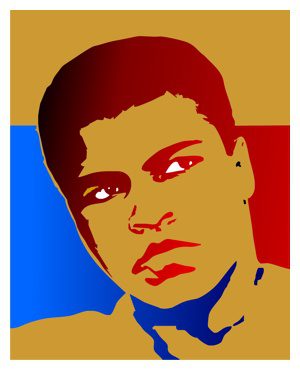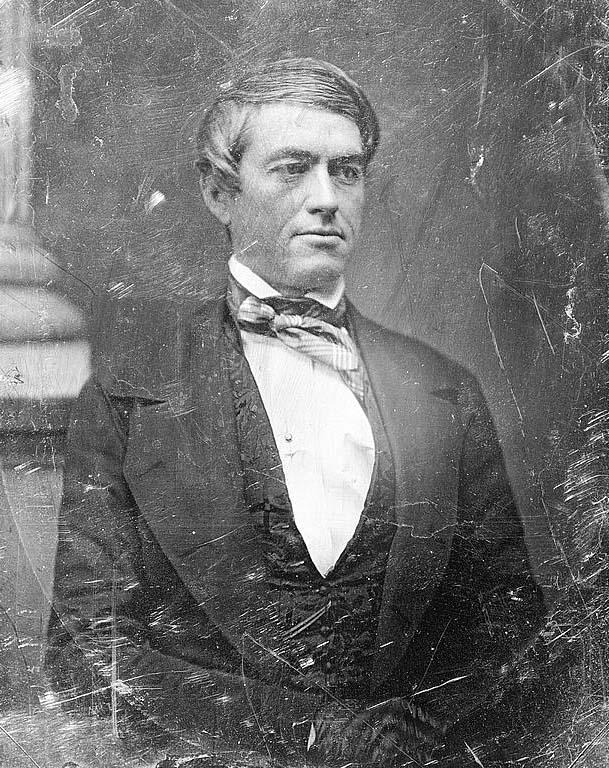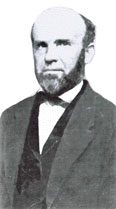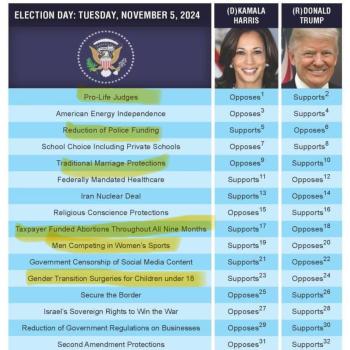We all know of the famous boxer Muhammed Ali. But do we know what his name was before he changed it to Muhammed Ali? It was Cassius Clay, named after his father, who was named after a famous abolitionist during the time of the Civil War. The original Cassius Clay lived in Kentucky and decided to spend his political career freeing slaves, as an abolitionist. He owned a lot of land in Madison County, called the Glade. There, he decided to found a community that would be a refuge for slaves.
 |
| Muhammed Ali |
 |
| Cassius Marcellus Clay |
Cassius Clay invited abolitionist missionaries to Madison County. He offered Rev. John G. Fee some land. The Reverend planted a Church with some families and other missionaries. He started a village and called it Berea, after the Church community in the Bible who tested the Scriptures themselves (see Acts 17.11).
 |
| Rev. John G. Fee |
Eventually, slave owners ran Reverend Fee out of town, but he returned after the Civil War. He founded Berea Literary Institute, which opened its doors to African Americans. African Americans could attend school all the way through college. Union Church also opened its doors to African Americans. Berea provided jobs for everybody. Caucasians and African Americans lived next door to each other all over town. Former slaves became landowners and farmers in the area.[1]
Despite segregation and desegregation laws, this same freedom is evident today, especially in the Christian community of Berea. Berea College, formerly Berea Literary Institute, is committed to financially support anyone who needs an education, regardless of race. They have a large percentage of African American students. Their motto is Acts 17.26, “God has made of one blood all peoples of the earth.”[2]
Why is this important? African Americans could find refuge in Berea before, during, and after the Civil War. They were set free from something – slavery. Romans 8.1: Therefore, there is now no condemnation for those who are in Christ Jesus, 2: because through Christ Jesus the law of the Spirit of life set me free from the law of sin and death(New International Version). The Spirit of life sets us free from something.
The vision of Cassius Clay and Reverend Fee was more than just setting slaves free. They started a community where slaves could receive an education, learn a trade, own land, worship, etc. Slaves were not only free from slavery, they were free to thrive, free to live.
The Spirit of life refers to the Holy Spirit, but also links him to life. The Greek word zoe means life or vitality. This is not just life as we know it, the day-to-day grind. The word zoe is often used in the phrase eternal life. It is found in John 10.10: The thief comes only to steal and kill and destroy; I have come that they may have life, and have it to the full. The King James Version says life more abundantly.
We often try to find a solution by focusing on fixing problems. We get trapped in a cycle of continually pointing out problems and fixing them. Paul was in this cycle in Romans 7, but Christ has called us to life. When we set our sights on the Spirit of life, our problems are not the central issue. We focus on the new ways He helps us to live out our faith, to live as part of a worshipping community, to live in our families.
Cassius Clay and Reverend Fee had the right idea. Abolition is not just about freeing slaves, but about giving them a life. God wants to break sinful patterns in our lives, but the Spirit of life also wants to set us free to live. As Christians and as a Church, we are called to set people free from sin. We are also called to set people free to live in the Spirit of life – spiritual abolitionists.
[1] Adapted from material available in the Berea College Archives, “Berea History,” Berea: Where Arts Live, http://www.berea.com (accessed January 24, 2012).
[2] Adapted from material available at Berea College, http://berea.edu/ (accessed January 24, 2012).











